TRANSNATIONAL PERSPECTIVES ON SPACE AND PLACE
Nezar AlSayyad, Series Editor
Transnational Perspectives on Space and Place is a publication Series of Lexington books based on conferences, symposium, and projects organized by the Center for Middle Eastern Studies and The International Association for the Study of Traditional Environments at the University of California at Berkeley as part of their transnational initiative. Unlike comparative research, which focuses on similarities and differences between regions, transnational research examines the socio-spatial connections through which global cartographies are constituted and transformed. It is also an epistemological technique that pays attention to how concepts and discourses are produced within specific geopolitical regions and histories, and that allows knowledge of one region to be used to interrogate another.
Muslim Europe or Euro-Islam: Politics, Culture, and Citizenship in the Age of Globalization, edited by Nezar AlSayyad and Manuel Castells (2002)
Urban Informality: Transnational Perspectives from the Middle East, Latin America and South Asia ,
edited by Ananya Roy and Nezar AlSayyad (2003)
A Medieval City for a Modern World: Cairo in the 19th Century ,
edited by Nezar AlSayyad, Irene Bierman, and Nasser Rabbat (expected 2004)
LEXINGTON BOOKS
Published in the United States of America
by Lexington Books
An imprint of The Rowman & Littlefield Publishing Group, Inc.
4501 Forbes Boulevard, Suite 200, Lanham, Maryland 20706
PO Box 317
Oxford
OX2 9RU, UK
Copyright 2004 by Ananya Roy and Nezar AlSayyad
All rights reserved . No part of this publication may be reproduced, stored in a retrieval system, or transmitted in any form or by any means, electronic, mechanical, photocopying, recording, or otherwise, without the prior permission of the publisher.
British Library Cataloguing in Publication Information Available
Library of Congress Cataloging-in-Publication Data
Urban informality: transnational perspectives from the Middle East, Latin America, and South Asia / edited by Ananya Roy and Nezar AlSayyad.
p. cm. (Transnational perspectives on space and place)
Includes bibliographical references and index.
9780739162200
1. Urbanization Economic aspects. 2. Urbanization Middle East. 3. Urbanization Latin America. 4. Urbanization South Asia. 5. Squatter settlements. 6. Land use, Urban Social aspects. 7. Informal sector (Economics) I. Roy, Ananya. II. AlSayyad, Nezar. III. Series.
HT361.U717 2003
307.76 dc22
2003054619
Printed in the United States of America
 The paper used in this publication meets the minimum requirements of American National Standard for Information Sciences Permanence of Paper for Printed Library Materials, ANSI/NISO Z39.481992.
The paper used in this publication meets the minimum requirements of American National Standard for Information Sciences Permanence of Paper for Printed Library Materials, ANSI/NISO Z39.481992.
PREFACE
The idea behind this book goes back to Spring 2000, when we first co-taught a graduate seminar at UC Berkeley entitled Housing and Urbanization in Developing Countries. In the process of assembling the case studies for this course we became convinced that although the analytical frameworks we often use which evolved primarily from Latin American research were still sound, it was time to decouple urban informality as a subject of study from Latin America as an area of study. We became interested in interrogating and expanding this Latin American model by developing a transnational perspective that could draw upon the urban experiences of other regions with which we were intimately familiar: the Middle East and South Asia.
To achieve this goal, we approached the Crossing Borders/New Geographies initiative of the Ford Foundation which was being administered on the Berkeley campus by the Institute of International Studies (IIS). Their generous funding of our proposal allowed us, in Spring 2001, to convene a two-day symposium and invite a distinguished group of scholars and practitioners from these three world regions. A key feature of this event was its format, which required commentary by scholars from one region on the work of scholars from others. And following what turned out to be a successful exchange, we asked some of the symposium participants to revise their papers for possible publication. We also invited or recruited additional contributors to cover themes or areas which we felt were essential for a comprehensive transnational interrogation. This book is the result of this three-year-long project.
We would like to thank the many individuals and institutions that have made this book possible. The Ford Foundation has long played a leading role in setting the agenda for urban research in different world regions. We would like to acknowledge the administrators and advisors of the foundation for innovating the Crossing Borders initiative as a means of redefining disciplines and area studies. We recognize that the foundation has been hard hit by the recent decline of the stock market and hope, for the sake of all of us in the field of urban research, that it will soon resume a pivotal role in this arena.
At UC Berkeley, we would like to thank Michael Watts, Director of the Institute of International Studies (IIS), and David Szanton. the former Executive Director of the International and Area Studies division (IAS), for articulating Berkeleys New Geographies, New Pedagogies project as part of the Crossing Borders initiative. New Geographies. New Pedagogies allowed us to develop a teaching component to our research project. Also at Berkeley, we would like to acknowledge the co-sponsorship of the Center for South Asia Studies (CSAS) and the Center for Latin American Studies (CLAS). The staff of the Center for Middle Eastern Studies (CMES), which officially hosted the symposium, deserves special recognition. In the early stages Casondra Sobieralksi was in charge of administering our grant, and Amanda Bleakley helped administer the final stages of the book project.
Many of our students also played important roles in the project. We are grateful to the students enrolled in our class, City Planning 231 Architecture 219, for their comments during the three years of the co-taught seminar Madhuri Desai and Mrinalini Rajagopalan helped with the organization of the symposium and provided much needed administrative support. Grace Woo assisted with the logistics of the symposium. Renu Desai was our principal research assistant. She did library research, communicated with authors, and managed the papers. We greatly appreciate her efforts. Dr. Sofia Shwayri helped with various chapters of the book in the last phase of the project. David Moffat. as always, provided valuable editorial advice. Annabelle Ison and Stuart Chan of Ison Design constructed an elegant design for the book. At Lexington Books, our editor Jason Hallman competently handled the manuscript in its final stages.
We hope that our students and colleagues will find this book as engaging and useful as it was challenging and rewarding for us to put together.
ANANYA ROY AND NEZAR ALSAYYAD
Berkeley, July 2003
PROLOGUE/DIALOGUE

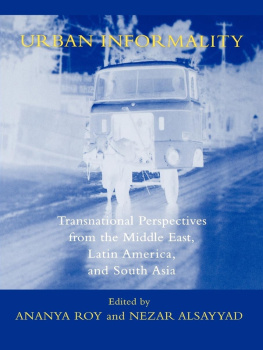


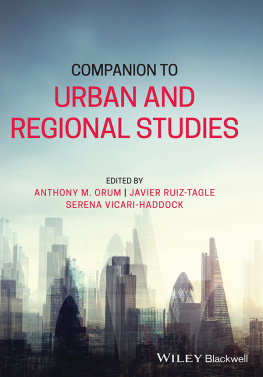
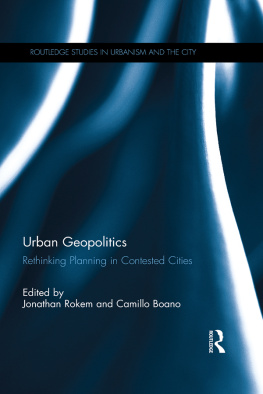
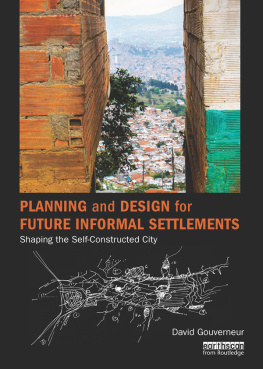
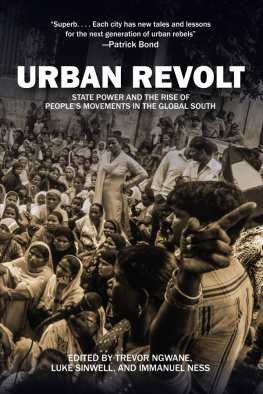
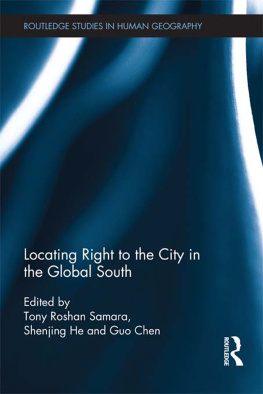


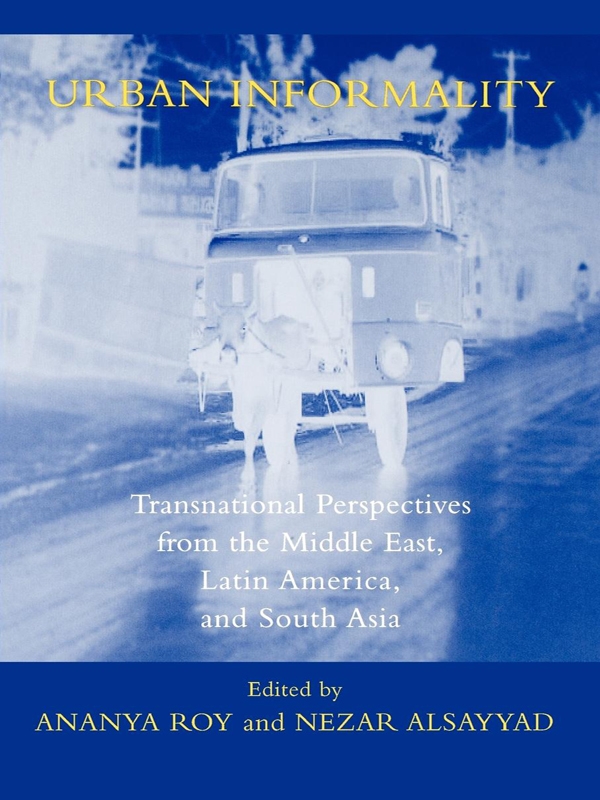
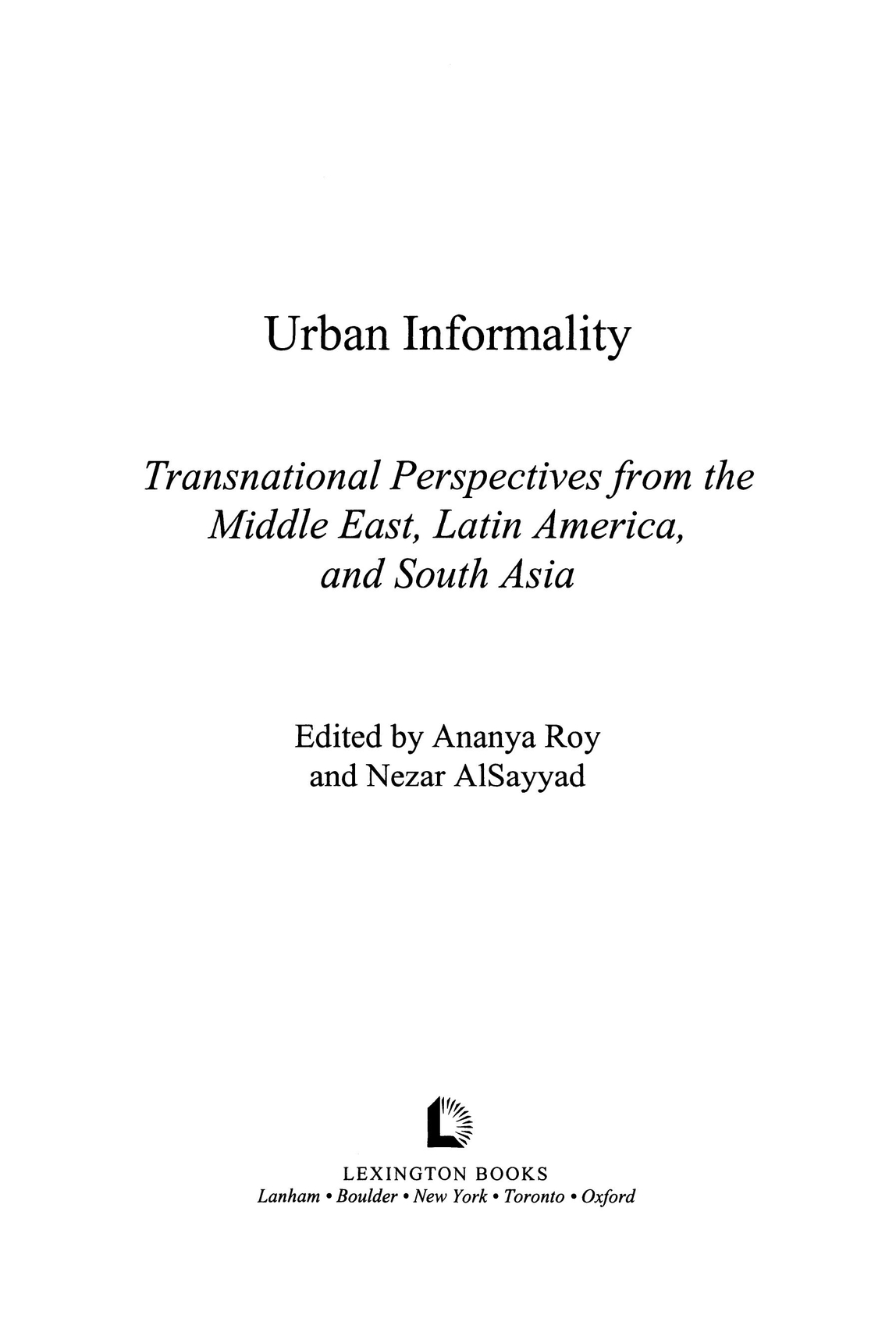
 The paper used in this publication meets the minimum requirements of American National Standard for Information Sciences Permanence of Paper for Printed Library Materials, ANSI/NISO Z39.481992.
The paper used in this publication meets the minimum requirements of American National Standard for Information Sciences Permanence of Paper for Printed Library Materials, ANSI/NISO Z39.481992.